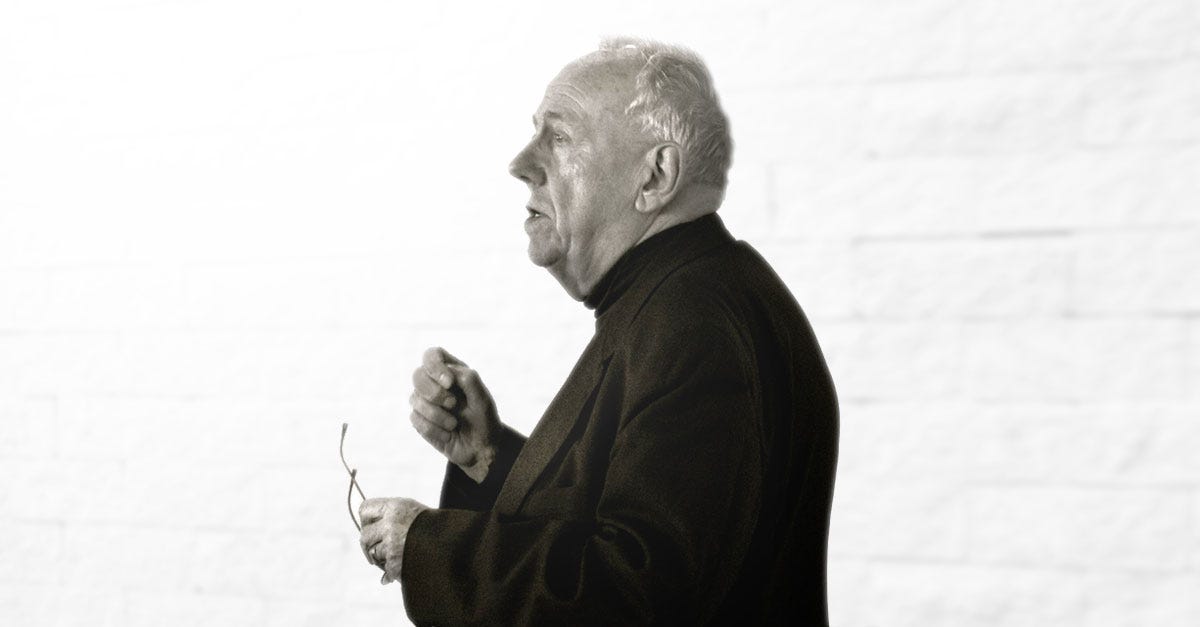My eldest son is studying classics at the University of Virginia, so I was especially interested in Alasdair MacIntyre’s recent observations on how different is our modern use of the concept of human dignity from the ancient Roman use of dignitas.
Cicero uses the word extensively, as do Livy and Tacitus. It is an elevating quality which confers auctoritas upon someone due to their rank, social standing, and especially their family. “Preserving our good name” is much closer to the Roman concept of dignity than our deracinated appeals to “equality.”
MacIntyre’s excellent thesis is that we have turned the concept of dignity into something for which it was not built, and we’ve turned away from an objective account of justice which Cicero defined as “giving each his due.” The paradox is that we’ve lost both justice and dignity in the migration of meaning where dignity shifts from something socially established by familial and nobiliary bonds to something inviolably equal in all. We’ve managed to trade ancient ennobling principles for the thinnest gruel of “dignity” used to secure subjective rights in a tyrannical war of all against all.



